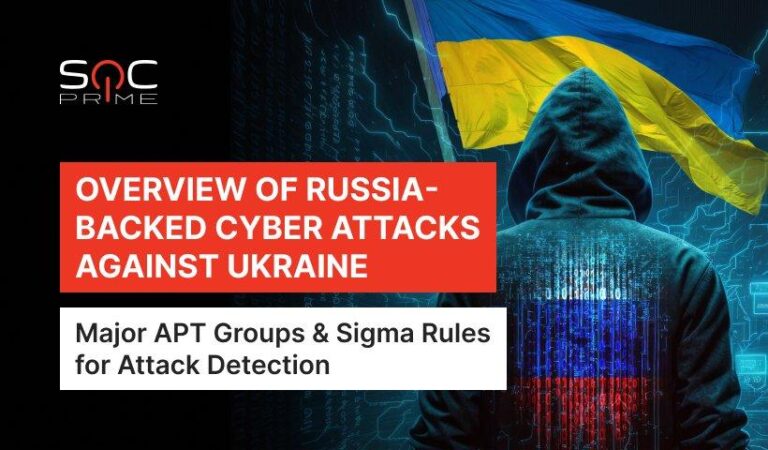Escalating Cyber Threats: A Wake-Up Call for National Security
In a troubling development in the realm of cyber warfare, Dutch officials have disclosed that a hacking group with ties to russia has successfully breached the networks of both police departments and NATO. This incident raises serious concerns regarding the security of vital infrastructure and highlights the ongoing risks posed by state-sponsored cybercriminal activities. As nations navigate these complex challenges, this breach serves as a critical reminder of the vulnerabilities faced by democratic institutions amid rising geopolitical tensions. The Dutch government’s proclamation comes on the heels of extensive investigations into cybersecurity threats, emphasizing an urgent need for improved protective measures in our increasingly digital landscape.
Cyber Infiltration: Police and NATO Under Siege
The recent findings from Dutch authorities reveal that a Russia-affiliated hacking group has compromised essential networks within law enforcement and NATO. This intrusion not onyl raises alarms about existing security protocols but also ignites an vital discussion about enhancing cybersecurity across member states. The ramifications extend beyond immediate breaches; they highlight systemic vulnerabilities within both law enforcement agencies and military alliances, prompting calls for stronger cybersecurity frameworks.
Experts warn that such cyber intrusions could have dire consequences, particularly concerning sensitive data exposure. Key points raised by authorities include:
- Heightened National Security Risks: The breach poses significant threats to national safety.
- The Necessity for Global Collaboration: It underscores the importance of international partnerships in combating cyber threats.
- Planning for Future Incidents: This event acts as a crucial reminder to bolster cybersecurity measures and enhance intelligence-sharing among allies.
The urgency surrounding these issues compels authorities to take immediate action aimed at strengthening defenses against future attacks. It is imperative that cybersecurity becomes an integral component of national defense strategies moving forward.
Dutch Investigation Reveals Advanced Hacking Techniques Targeting National Security
A shocking discovery made by Dutch officials indicates that sophisticated hacking operations have infiltrated critical networks associated with national police forces and NATO. Investigations suggest this operation is linked to groups connected with Russian state interests, raising significant concerns over national security protocols. These hackers reportedly employed advanced methodologies to exploit system weaknesses, gaining access to sensitive data capable of jeopardizing operational integrity as well as trust among allied nations.
this investigation involved collaboration between various intelligence agencies and cybersecurity experts who uncovered several key tactics used during these operations:
- Email Phishing Schemes: Targeted campaigns designed to harvest login credentials through deceptive emails.
- Maliware Utilization: Deployment of malicious software aimed at infiltrating systems while monitoring sensitive data flows.
- Sophisticated social Engineering Tactics: Manipulating human behavior to circumvent established security measures effectively.
The implications are profound; not only does this breach threaten national security data integrity, but it also raises questions about organizations’ preparedness against such persistent advanced threats. Authorities are calling for a reassessment of current cybersecurity practices to fortify defenses against future incursions effectively.
Call-to-Action: Strengthening Cybersecurity Measures Against State-Sponsored Attacks
The alarming revelations from Dutch authorities underscore a significant lapse in cybersecurity protocols following infiltration attempts by Russia-backed entities targeting police forces and NATO networks alike. This situation highlights an urgent need for countries worldwide to reassess their defensive strategies against increasingly sophisticated state-sponsored attacks on digital infrastructures. As these threats evolve rapidly, it is indeed crucial for government bodies alongside private organizations alike—proactive approaches must be prioritized in order safeguard sensitive information while maintaining national sovereignty intact.
A series of immediate actions are being recommended based on recent developments:
- Cohesive Threat Intelligence Sharing Initiatives: collaborative efforts between governmental bodies along with private sector partners can yield extensive insights into emerging threat landscapes.
- Pursuit Of Cutting-Edge Security Technologies Investment : Leveraging AI-driven solutions can facilitate real-time detection capabilities while automating responses towards potential incidents efficiently .
- Regularized Security Audits And personnel Training : Ongoing evaluations coupled with continuous training programs can considerably mitigate vulnerabilities present within systems .
<
>
<Action Item >
<Purpose >
<>
<
>
<>
<>Threat Intelligence Sharing >
<>To enhance situational awareness & response times regarding cyber threats. >
<>
<>
<<>Investment In Advanced Security Technologies >
<<> To improve detection capabilities & automate incident responses. >
<<>
<<> Regularized Security Audits >
<<> To identify & address vulnerabilities before exploitation occurs. - Regularized Security Audits And personnel Training : Ongoing evaluations coupled with continuous training programs can considerably mitigate vulnerabilities present within systems .




